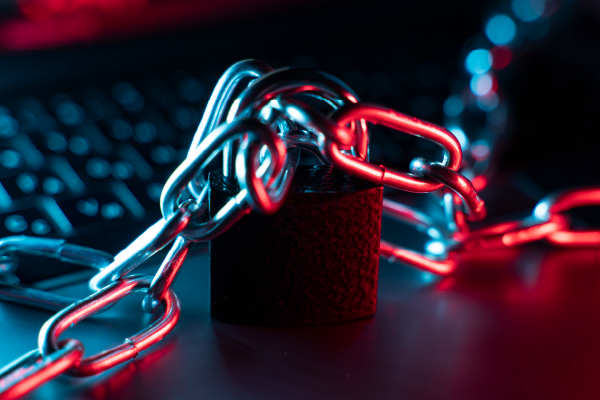Cybercrime is on the rise. In fact, it’s estimated there were 2.39 million instances of cyber crime and approximately 49,000 instances of fraud as a result of cybercrime across UK businesses in the past 12 months. Although a very significant threat, there are steps you can take to minimise your risk of being exposed to cybercrime. By conducting regular IT security audits, you can help protect your business from security threats and maintain robust internal security practices. In this article we’ll explain:
- What is a security audit?
- Why do you need a security audit?
- What does a security audit cover?
- How to conduct a security audit
What is a security audit?
An IT security audit is a comprehensive review of an organisation’s IT infrastructure. Conducting a security audit can give you – and more importantly – your customers and business partners peace of mind that all the correct policies and procedures are in place to best protect you against cybercrime.
The main objective of an information security audit is to detect any weaknesses in your IT infrastructure, ensure that all security policies and procedures are being adhered to and to check the overall security level of your IT infrastructure.
Unlike an IT security assessment, an IT security audit should be performed by a qualified and independent third party who is certified to do so.
Why do you need a security audit?
If the huge losses that can be incurred due to a security breach aren’t enough to convince you of the need for a security audit, then the fact that regular security audits can help demonstrate to your customers that their data is safe with you should be. This is especially true when you consider preventable security incidents could cost you your customer’s business.
Businesses of all sizes are vulnerable to cyber-attacks. By completing a security audit, you can ensure you stay safe by getting information to help you mitigate the risks that your IT infrastructure and network is vulnerable to, and by providing you with valuable insights on how to create a safer IT network.
What does a security audit cover?
A cyber security audit typically covers IT systems, including infrastructure, software and devices. It can also assess and review:
- The handling of sensitive information, network access controls, firewalls, routers and data encryption.
- Network controls, monitoring and anti-virus software.
- Information security policies and procedures.
- Security awareness and training programmes for employees.
- Patching, password policies and access controls.
- Vulnerability assessments and penetration testing.
How to conduct a security audit
A comprehensive security audit will usually involve a small team of independent auditors. These can be both external and internal to your business. The specific process required will vary depending on what compliance level your company must meet, so the following is just a generic guideline.
An IT security audit will typically consider:
- Understanding industry-specific regulatory requirements
- Interviews with stakeholders to understand your IT Infrastructure, from how sensitive data is contained within IT systems to previous data breaches, security controls and real-time observations.
- Review of documentation relating to security policies and associated checklists.
- Performing penetration tests or vulnerability assessments to see how well you are protected from a simulated cyber attack.
- Review of business continuity and recovery plans relevant to a cyber attack
While a security audit can be completed by an internal audit function, there are a number of advantages to using an external, independent third-party provider, especially if you require certification. If you’re looking for an exceptional IT solutions provider to help you conduct a security audit and keep your business safe from cyber attacks, then get in touch with Mintivo today.
Our Cyber Risks & Recommendations report can cover everything from Vulnerability Scanning to Penetration Testing, 360-degree health checks and securing websites, and we use an IASME-certified partner to provide Cyber Essentials+ and ISO27001 services, ensuring that the work we do is independently reviewed and certified.


